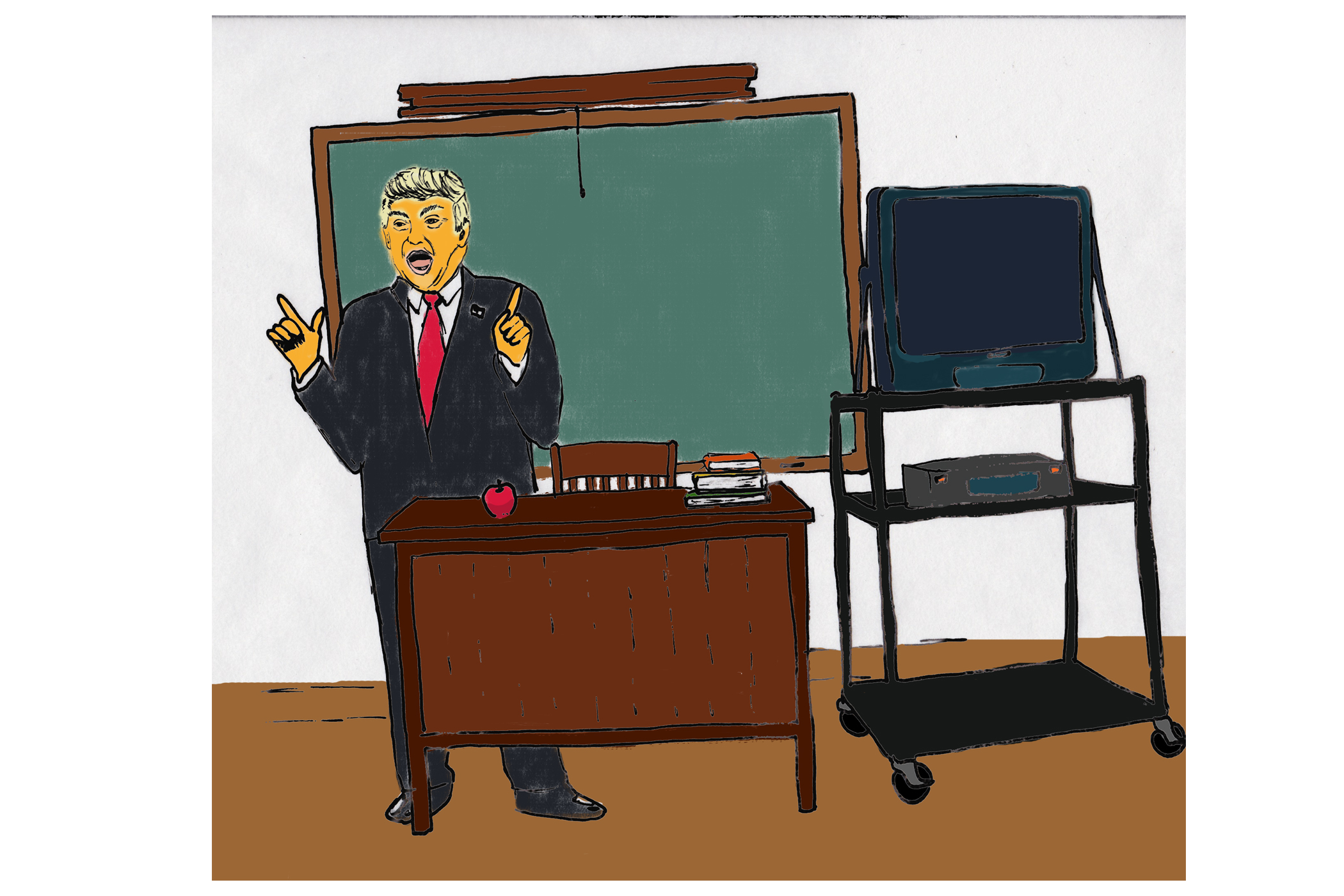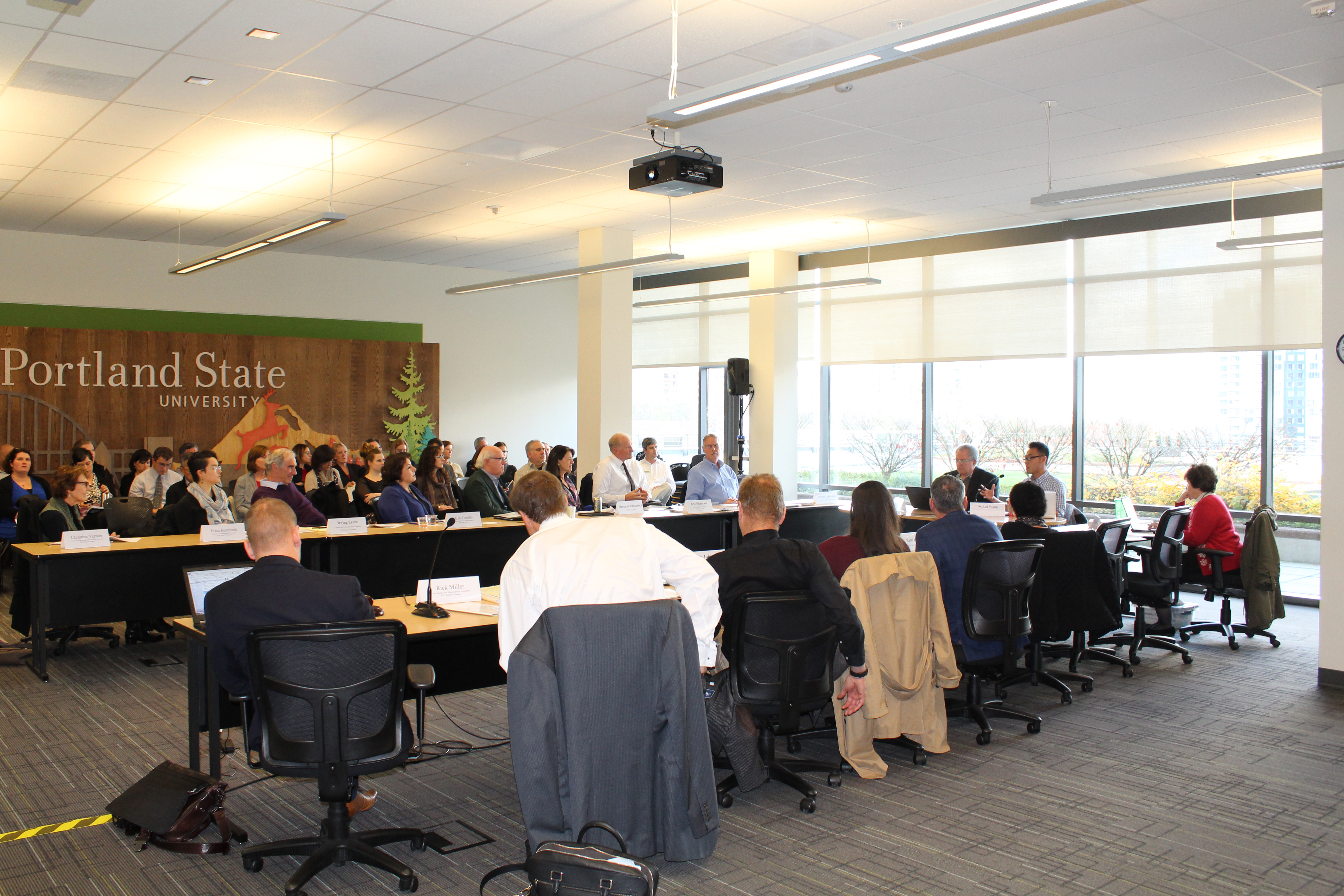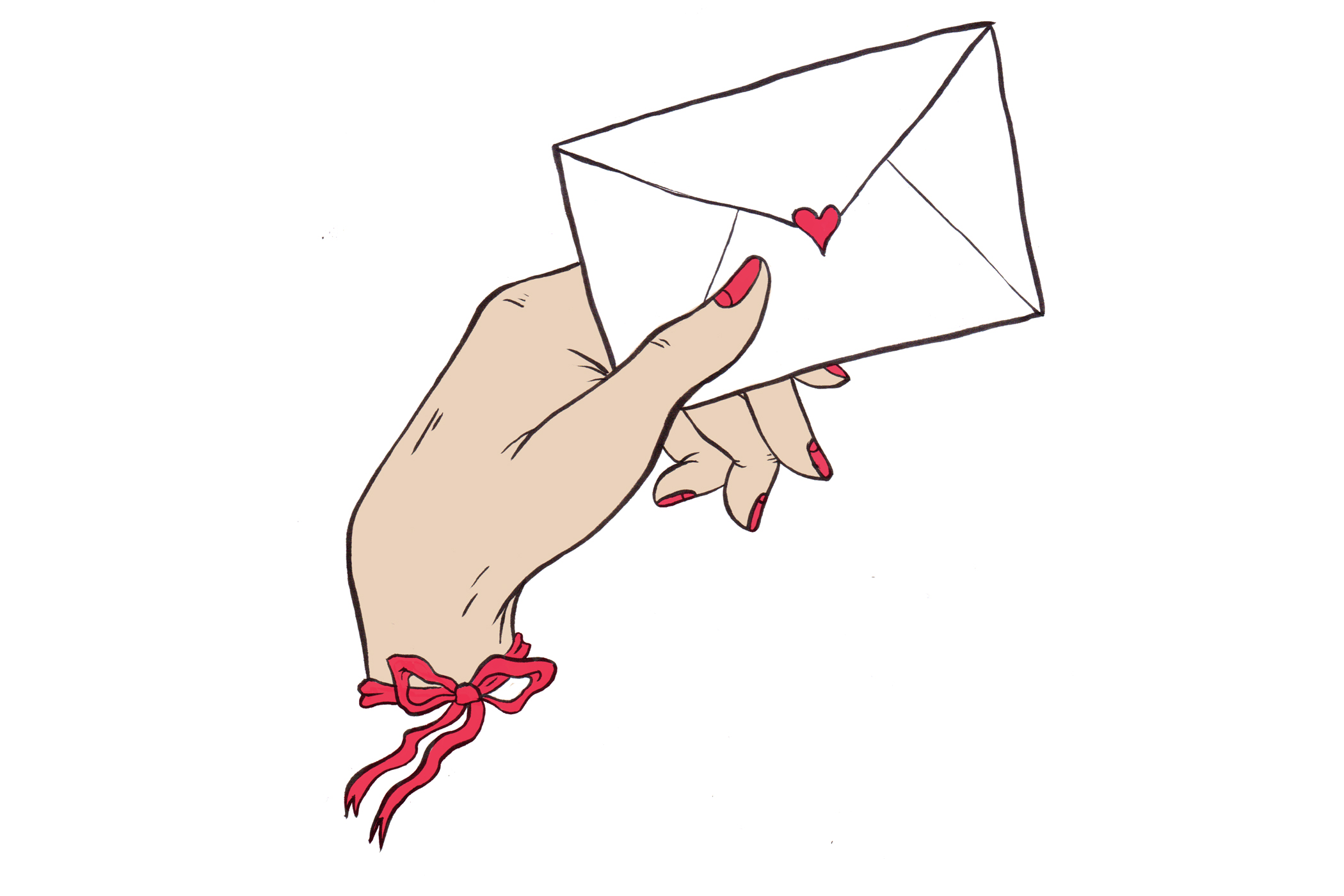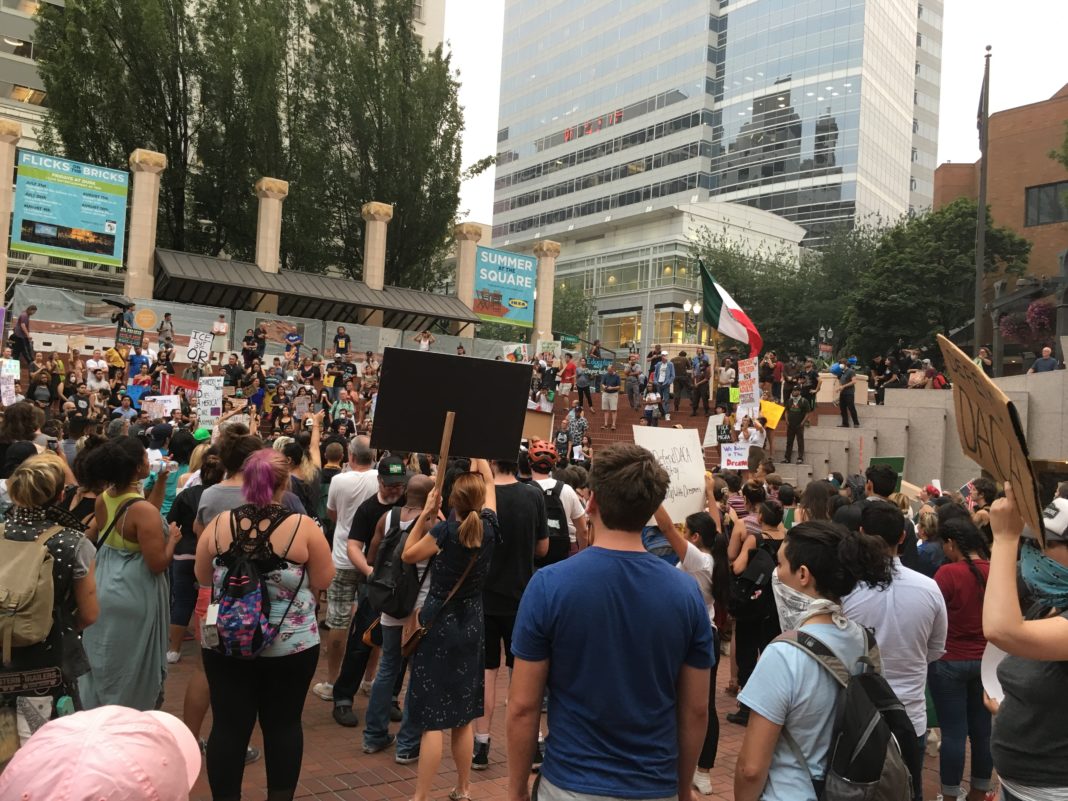A recent opinion piece by Slate titled, “Donald Trump, the substitute teacher of American presidents,” has been making the rounds on social media over the last couple weeks.
The author likens Trump’s tenure in the Oval Office to a substitute teacher supervising a class of students for the day, along with everything this connection implies: The piece is subtitled, “A glimpse of the four years to come, in which chaos reigns and nothing of any substance gets done.”
What should we make of this connection? A quick scan through the comments reveals a number of irate substitute teachers who are offended by the comparison. The words disrespectful and offensive appear repeatedly, again and again, like a mantra. I can only say to the substitute teachers of America: I, too, work as a substitute teacher. In my personal and professional opinion, the comparison is completely and 100 percent accurate.
To be a substitute teacher is to enter into a weird grey area of the teaching profession. Your very presence in the classroom signifies a disruption to the ordinary school day, and nobody really knows quite what to do with you.
You have no real identity of your own, but rather absorb, like Mega Man, the qualities and attributes of the teacher you represent. You are given keys, a name tag, an oft-murky “plan” that is either a) incomprehensible, or b) just some worksheets on the quadratic equation or whatever.
You project authority for a time, raise your voice if necessary, and leave at the end of the day like nothing ever happened. Any authority you project is theatrical: You don’t know them, they don’t know you, yet as the teacher you are expected to lead them whether they like you or not.
You can always deploy repressive tactics if necessary (office referrals, detentions, etc.), but these tend to cause more problems than they solve. Not much gets done, of course. The fondest wish for your time here—from yourself, the teachers, administrators, and the students themselves—is that everyone can get through the day without the whole place burning down. It is a reasonable request, and the least one can expect of you.
You can even go home afterwards and tweet about it on social media.
The parallels for a Trump presidency are striking: Donald Trump will get the keys to the White House in January, stay for a time and sort of blunder through, hopefully following some sort of rudimentary plan. His lack of experience and knowledge of the basic functions of government is already providing America with a much-needed civics lesson on how government and foreign policy works. (We’re learning right along with him!)
If we are very lucky and have enough good karma shored up from the Obama years, he will not have burned everything to the ground by 2020. It is, from a presidential standpoint, the least we can expect.
The disarray we will face in the coming years will prove challenging. And yet, as a teacher I am required by my profession to have faith in America’s youth: It is practically stamped on our official licenses. It is here, I believe, where our young people can be of particular help in resisting a Trump presidency. Who else but they are more uniquely qualified to band together against a substitute teacher, one woefully clueless of ordinary classroom protocol? Who else is better equipped to crumple our collective feelings of outrage and disgust into a tiny spitwad of consternation and launch it across the room through the hollow shell of a ballpoint pen?
Their pencils are already sharpened and aimed at the panels of the ceiling: We would be wise to redirect them to politically progressive ends, to find their mark in the ceiling panels of the Trump White House to dangle for the next four years, garishly yellow, defying gravity, defying everything.
I write this column from a drafty classroom in Gresham High School, room 221, subbing for high school English. As I walked in this morning with throngs of students through the double-doors of the building, I heard a student behind me talking to his friends about his plans for the future. In a mood of general conviviality, he charted his course for the upcoming year: “I’m going to draw a big dick on the wall and sign my name to it,” he said. “Then I’ll get expelled. Because f*** it. It’ll be hilarious.” His friends chimed in with warm, appreciative laughter. Encouraged, he continued: “I mean, what are they gonna do, not let me go to college?”
I turned right, into the main office, signed in with the secretary, and picked up my keys and sub folder. I ascended the stairs to the second floor and looked for room 221, wherever it was, so that I may supervise America’s youth until the responsible adult-type person in charge returns.
In the meantime, someone, somewhere, in this (still) great nation of ours is planning something big, something in the shape of a giant penis emblazoned on a wall, in a universal symbol of defiance. I urge you, anonymous student, whoever you are, to use your dick-drawing talent for the greater good.
Draw it as big as you can. Draw it for all of us.






